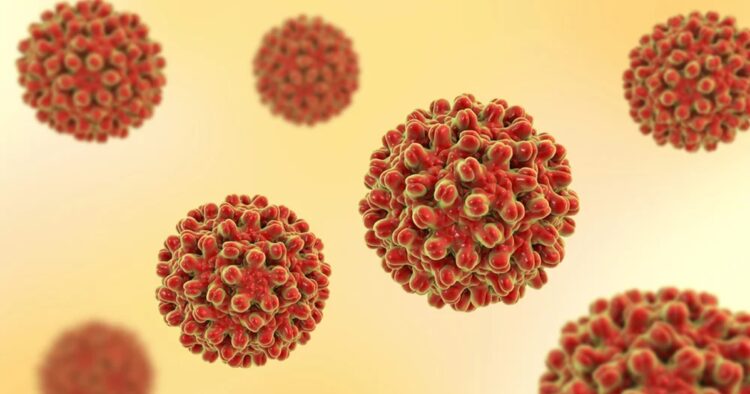In a significant milestone, the World Health Organization (WHO) declared on Wednesday that both Maldives and Sri Lanka have successfully achieved control over the deadly hepatitis B disease. This achievement is attributed to consistently high coverage of Hepatitis B vaccine doses in infants and a low prevalence of the disease, as confirmed by recent serological surveys in both countries.
Dr. Poonam Khetrapal Singh, the Regional Director of WHO South-East Asia, praised the efforts of health leaders, officials, health workers, and the people of Maldives and Sri Lanka. The expert panel, responsible for verification, reviewed childhood immunization data indicating over 90% coverage with Hepatitis B vaccine doses provided during infancy for many years.
The Expert Panel, chaired by Dr. Supamit Chunsuttiwat, reviewed findings from national surveys conducted in 2022-2023, leading to the conclusion that both countries have met the standards required for hepatitis B control verification. This accomplishment follows in the footsteps of Bangladesh, Bhutan, Nepal, and Thailand, which achieved the same feat in 2019.
Preventing hepatitis B infection in infancy significantly reduces the risk of chronic infections, liver cancer, and cirrhosis in adulthood. This achievement is crucial in the context of the Southeast Asia Region, home to a quarter of the world’s population, with an estimated 60 million people living with chronic hepatitis B.
Despite these successes, the region faces ongoing challenges, with 218,000 people dying annually from hepatitis B and C. Only about 10% of eligible individuals know their status, and less than 5% are on treatment. The Southeast Asia Region has been striving to meet a regional goal of reducing hepatitis B prevalence to less than 1% among children aged at least 5 years.
The decline in immunization coverage during 2020 and 2021 due to the COVID-19 pandemic posed challenges. However, recent efforts have revived childhood immunization coverage, with the WHO and UNICEF estimating a recovery to pre-pandemic levels in 2022. The coverage of the third dose of the pentavalent vaccine has increased to 91% in the region.
Dr. Khetrapal Singh emphasized the need to focus on improving the uptake of the Hepatitis B vaccine birth dose, which had a coverage of only 58% in the region in 2022. Barriers such as home deliveries and inequities in immunization service delivery need to be addressed to achieve optimal coverage.
The Regional Director stressed that the control of hepatitis B through immunization is a priority for the region, marking a critical step toward eliminating mother-to-child transmission. WHO’s ‘triple elimination initiative’ encourages countries to commit to eliminating hepatitis, HIV, and syphilis simultaneously, promoting integrated service delivery.
In conclusion, Dr. Khetrapal Singh reiterated the importance of preventive measures beyond vaccination, including safe injection practices, safe blood transfusions, and infection prevention and control, to ensure the comprehensive management of hepatitis.

















Comments